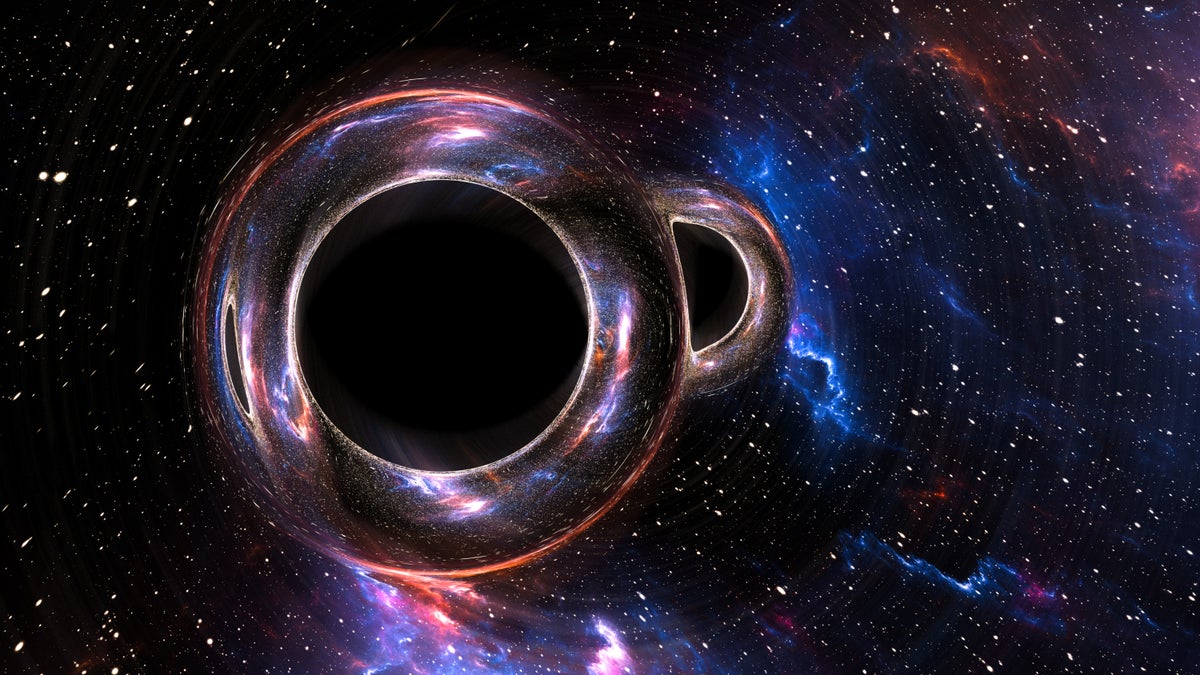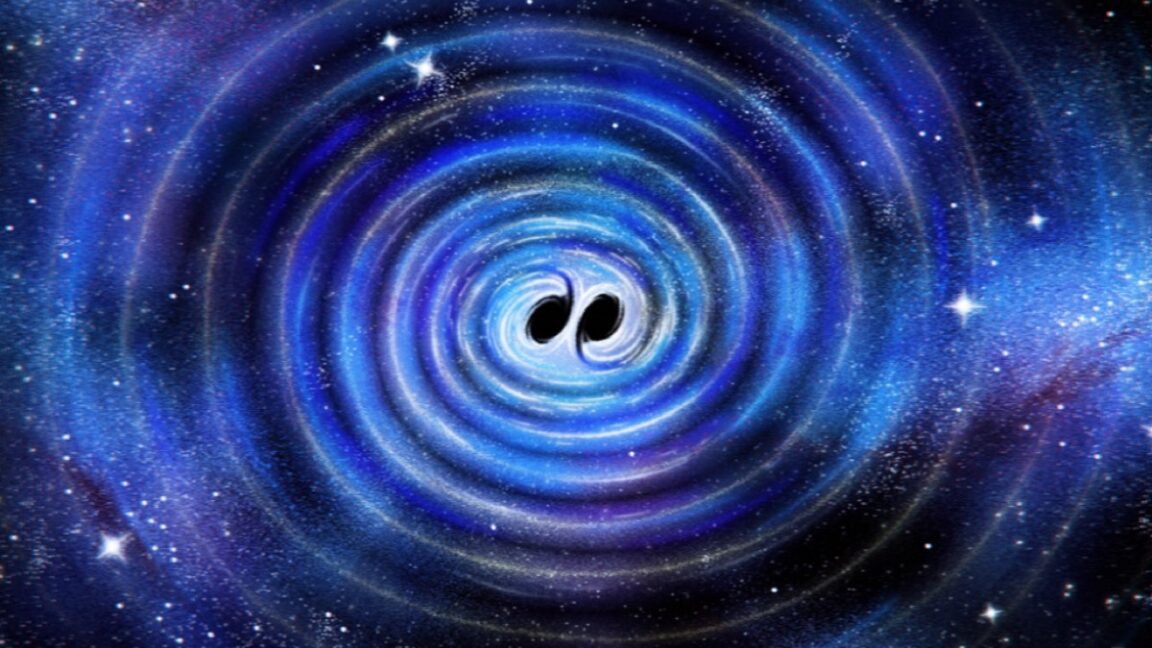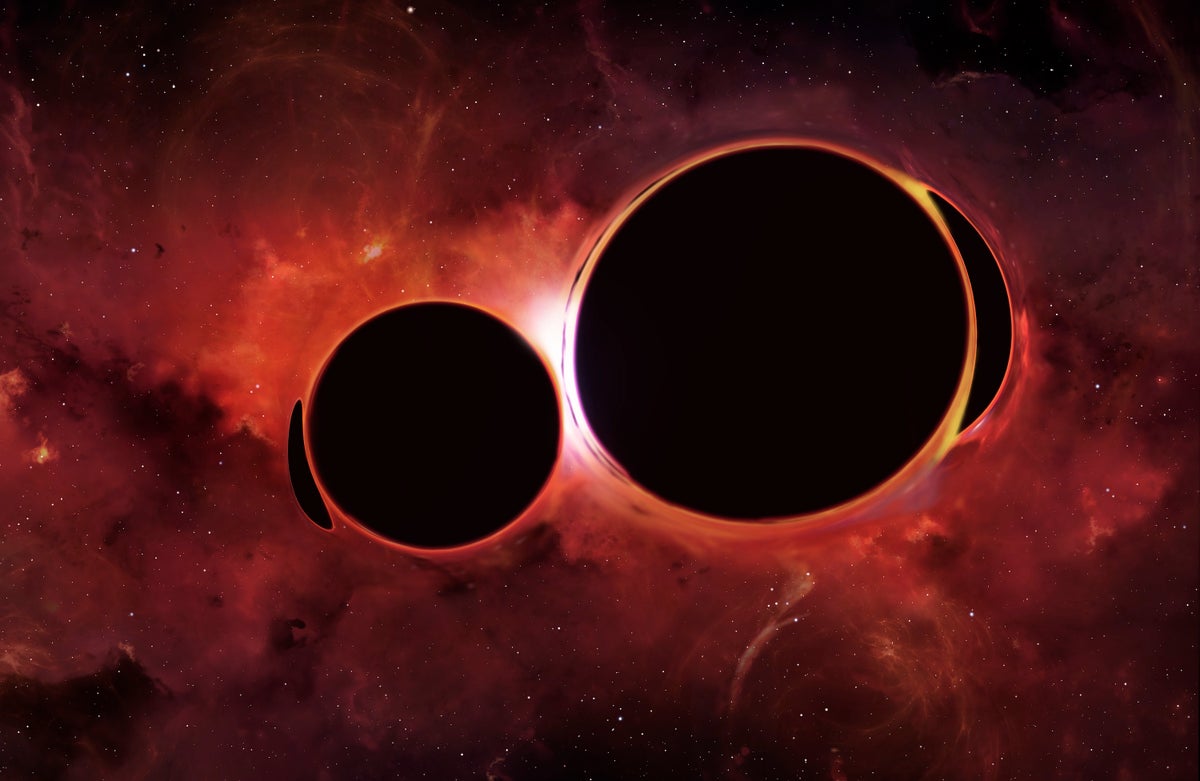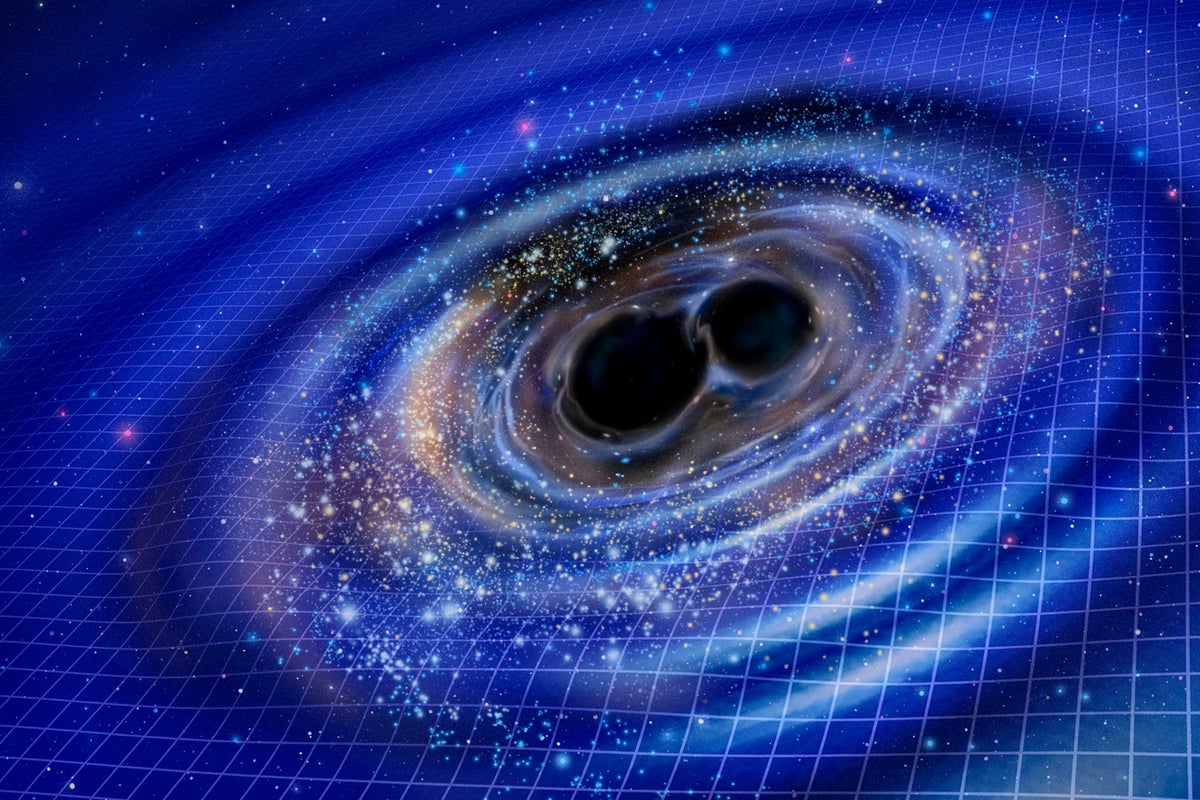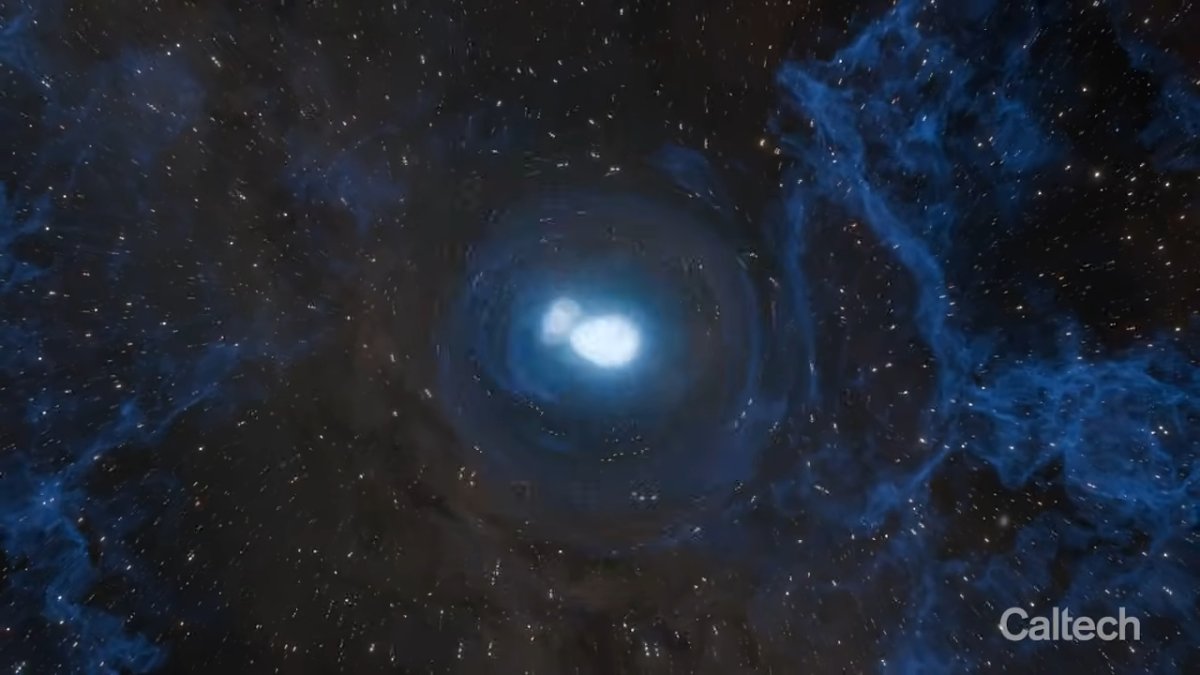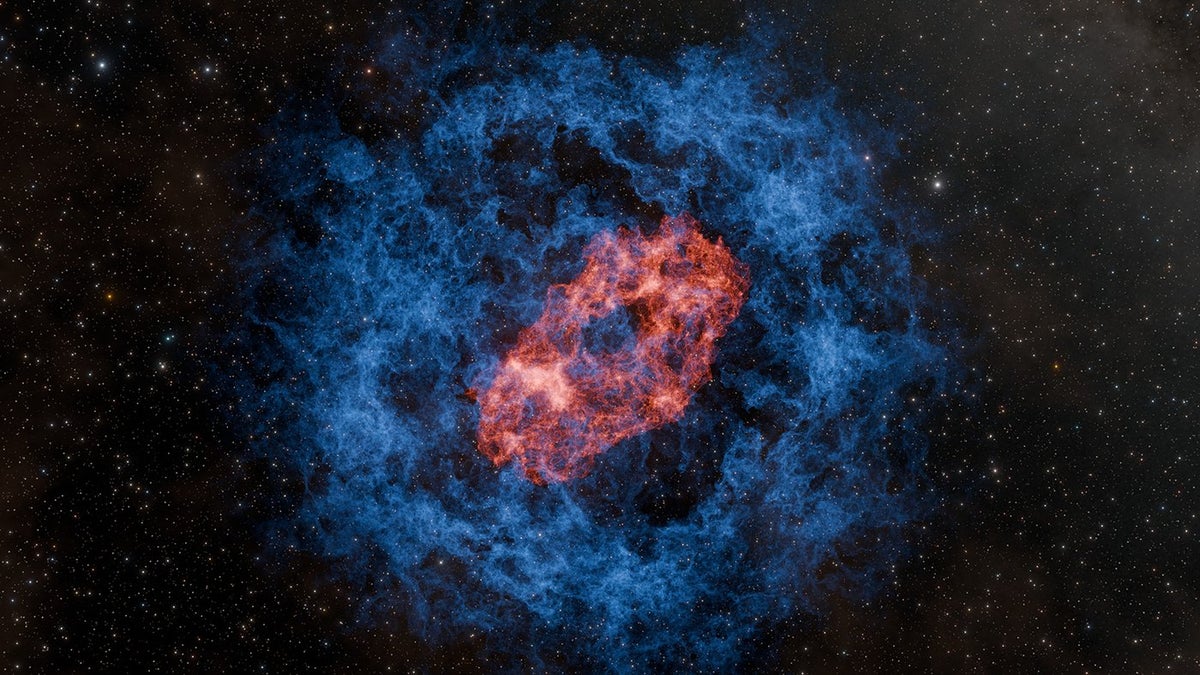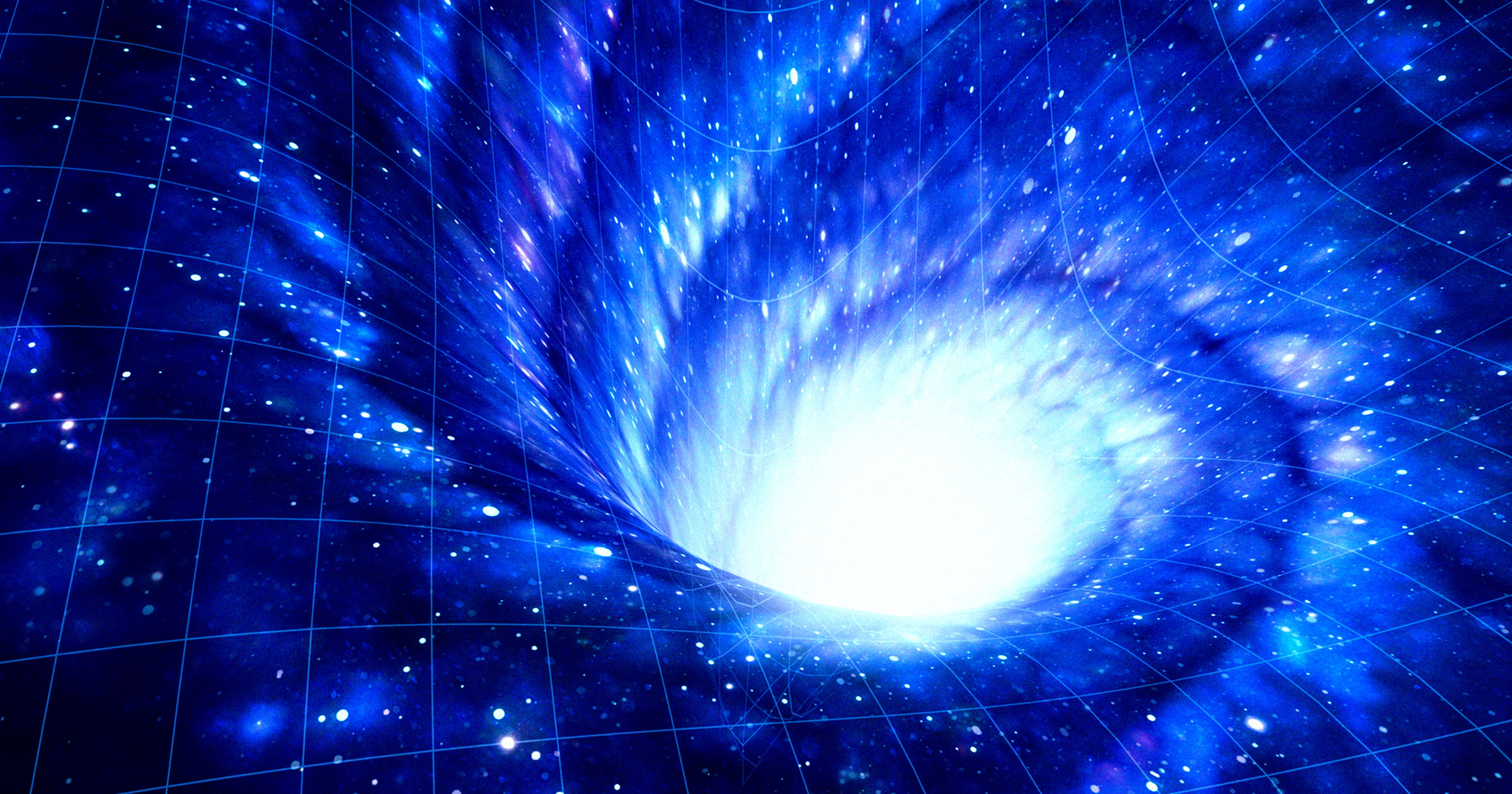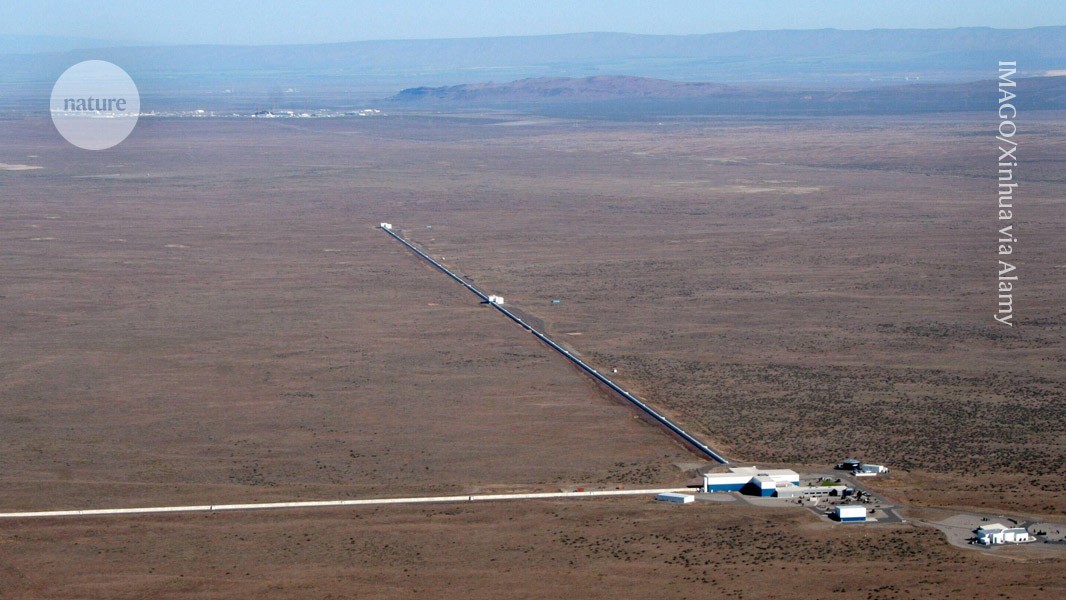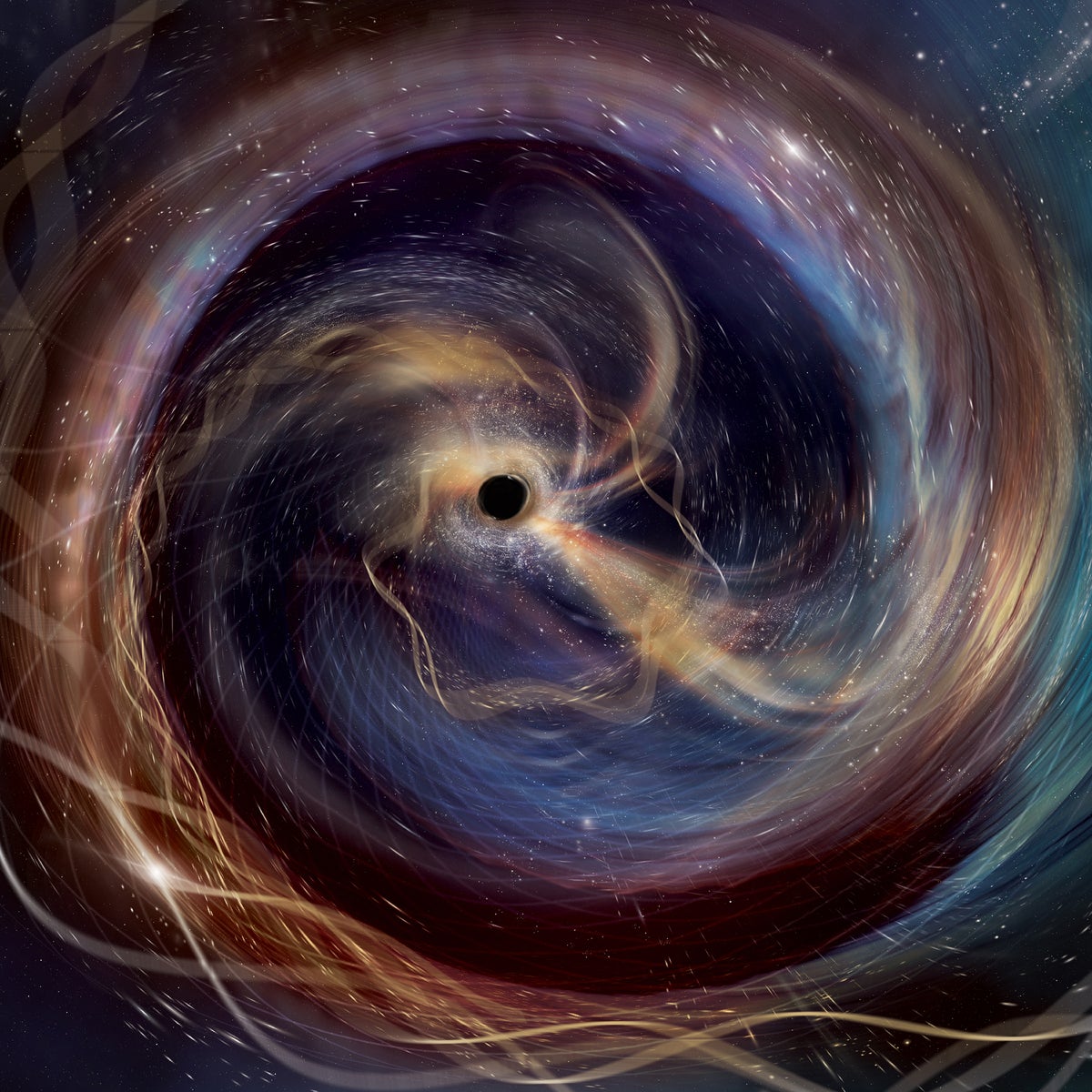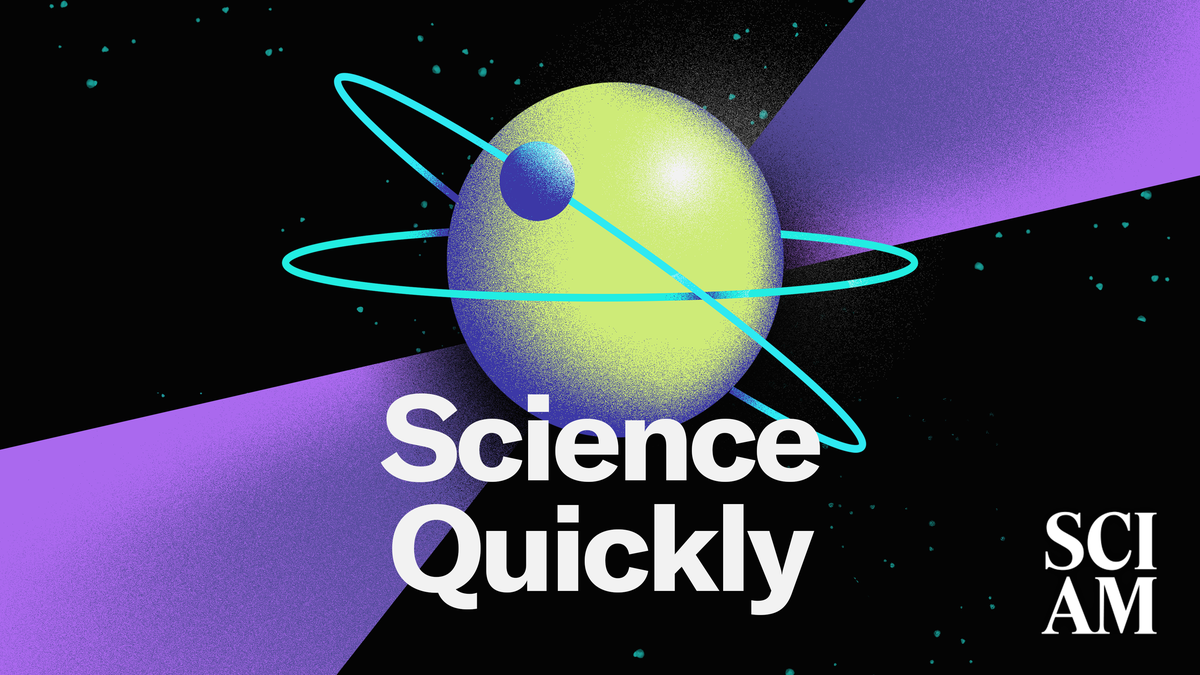#gravitational-waves
#gravitational-waves
[ follow ]
#black-holes #ligo #astrophysics #black-hole-mergers #astronomy #superkilonova #kilonova #neutron-stars #ligo-virgo
Science
fromwww.scientificamerican.com
2 weeks agoScientists may have discovered a pulsar at the Milky Way's hearta result that could reveal new physics
A pulsar near Sagittarius A* would enable more precise measurements of spacetime and gravitational effects around the Milky Way's central supermassive black hole.
fromFuturism
5 months agoScientists Detect Strange Signal in Gravitational Waves
For the first time, astrophysicists have measured the recoil - or " kick," in the parlance - resulting from the birth of a new black hole that formed from the merger of two preexisting ones. The international team of researchers measured the ripples in the fabric of spacetime, known as gravitational waves, allowing them to get unprecedented insights into the turbulent dynamics of two black holes crashing into each other.
Science
#astrophysics
OMG science
fromBig Think
9 months agoStarts With A Bang podcast #117 - Gravitational waves and the Universe
Gravitational wave detection has exponentially increased since 2015, approaching 300 confirmed events.
Future advancements include space-based detectors and the use of artificial intelligence for improved data collection.
[ Load more ]
